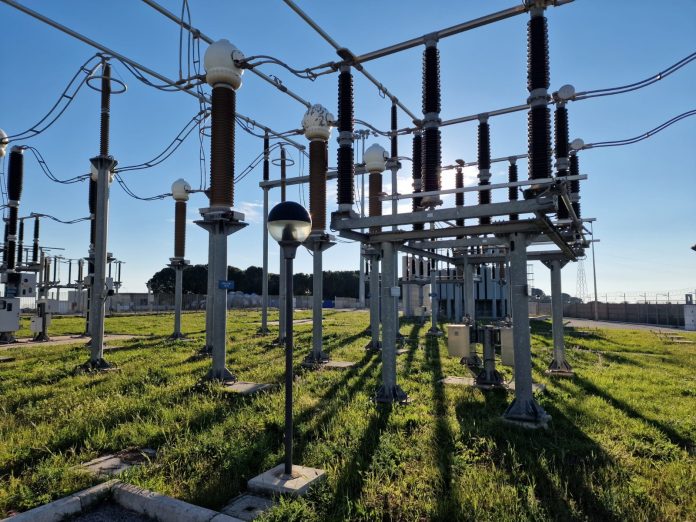Sicily, officially the Regione Siciliana, has given its go-ahead for Malta to develop its second
interconnector (IC2), which will strengthen the island’s network connection with mainland
Europe.
This formal approval, known as the Intesa Finale, marks an important milestone for
implementing the IC2. The last remaining step in the Italian application process is the final
authorisation of the Ministry of Environment and Energy Security (MASE). Earlier this year,
MASE concluded a consultation process with a positive outcome.
Welcoming the news, Minister for Energy Dr. Miriam Dalli conveyed her gratitude to the
President of the Sicilian Region, Dr. Renato Schifani, for the strong collaboration. "The
second interconnector is an important enabler of our electricity vision, aimed at achieving a
sustainable energy future by increasing the share of renewable energy, thereby advancing
our nation’s decarbonisation ambitions,” Minister Dalli said.
A 122-kilometre, high-voltage alternating current electrical cable interconnection, including a 99-kilometre submarine cable, will be developed through this project doubling Malta’s current electricity interconnection with the European network.
In parallel with the Italian permitting process, Interconnect Malta (ICM) has also been
actively working on the tendering processes for the various engineering, procurement and
construction contracts and support services to make the IC2 project a reality. Last week, a
Prior information notice (PIN) was issued for the manufacturing and installation, including
civil works, of a 132kV, 50-120MVAr, variable shunt reactor for the Maghtab Terminal Station, Malta, forming part of the overall IC2 infrastructure.
Commenting on this milestone, ICM CEO Inġ. Ismail D’Amato said: “This positive outcome
brings us one step closer to securing the necessary development permit in Italy. It is a key
enabler for advancing in the execution of IC2, which is now entering the implementation
phase. We are closer to consolidating all the work carried out since the project’s inception.”
IC2 is being co-financed by the European Union under the European Regional Development
Fund 2021-2027.
![]()








